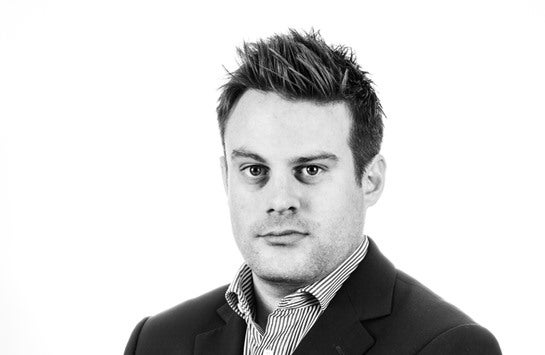
The old adage that sport and politics should never mix has been put to one side in the International Olympic Committee presidency of Thomas Bach.
In November 2013, just two months into his tenure, Bach told the United Nations General Assembly that while the sports movement must remain politically neutral, it should not be “apolitical,” adding: “Sport must include political considerations in its decisions. It must consider the political, economic and social implications of its decisions.”
Ten months on, at Incheon’s Asian Games, he hammered home the point: “In the past some have said that sport has nothing to do with politics, or they have said that sport has nothing to do with money or business. And this is just an attitude which is wrong and which we cannot afford any more. We are living in the middle of society and that means we have to partner up with the politicians who run this world.”
Bach knows he has two strong proposals from showpiece cities
Those comments marked a departure from the resolutely apolitical stance adopted by the IOC in the past. And never have they been more relevant. The 2024 Olympic Games bid race is being played out in a climate of unprecedented change in international politics.
On the sidelines of Paris 2024’s international bid launch, I asked the city’s mayor Anne Hidalgo whether the global political landscape of today was as far removed from the Olympic values of friendship and respect as she could remember in her 20-plus years in politics.
It was, cards on the table, a leading question. Only days earlier, an executive order issued by new US president Donald Trump had banned immigration from seven Muslim-majority countries and temporarily halted the entry of refugees (the measure has since, at time of writing, been suspended by a federal judge).
Olympic bid rules dictate that cities refrain from speaking directly about competitors, and Hidalgo served up a perfectly scripted answer: “I think that the Olympics values are needed now to unite everyone through sport. You can have different religions, come from different countries, have a different skin colour, but what is important is equality… We need to have hope today, and the Olympic Games give hope to people everywhere around the world.”
The biggest decision facing the IOC electorate might not be between Paris or Los Angeles, rather between which one gets 2024 and which 2028
France’s prime minister Bernard Cazeneuve was less coy, advocating an Olympics in Paris because “we want to build bridges and not walls.” Surely this was a dig at Trump, one of whose stated aims is to build a wall along USA’s border with Mexico to cut the number of illegal immigrants entering the country?
Yet France itself is vulnerable on this issue, given the rapid rise of Marine Le Pen and her National Front party. We’re told that the French electoral system is designed to make it “impossible” for extremist politicians like Le Pen to assume the presidency.
We’ll see on 7 May. One IOC member told me that the election of Le Pen in France would have more impact on Paris 2024 than Trump on LA purely because “it will be much closer to ‘Game Day’.”
Budapest did not even make it to Game Day, after Momentum, a youth political group, garnered enough signatures in one month to force a referendum on the Olympics campaign. Rather than let the public decide the fate of the bid, prime minister Viktor Orban pulled the plug, citing the erosion of political unity – there had once been 93-per-cent cross-party support for the games. Momentum is seeking to win seats in next year’s national election at the expense both of Orban’s ruling right-wing populist Fidesz party and opposition groups. Orban slammed opponents for using the Olympics as a political tool.
As for the White House’s controversial resident, another IOC member said: “I’m not sure Trump will make a difference. The international press has hammered him as much as possible. He’s come through that, and you could argue it would go the other way. Certain members would much rather have someone like Trump.”
Quite.
This is, after all, an organisation that cosied up to Vladimir Putin. An organisation that awarded two Olympic Games in the past 16 years to China, a country – to quote Human Rights Watch – “that systematically curtails a wide range of fundamental human rights, including freedom of expression, association, assembly, and religion.”
And yet, after all this, the biggest decision facing the IOC electorate might not be between Paris or Los Angeles, rather between which one gets 2024 and which 2028.
In December, Bach sparked talk of awarding both the 2024 and 2028 games simultaneously, when he told a press conference that there are “too many losers” in the bidding process. That option began to look more likely when Budapest dropped out of the running.
An IOC working group is presently studying the possibility of the 2024 and 2028 Olympics being awarded at the same time.
Publicly, both Paris and Los Angeles insist it is 2024 or nothing; that their venue and finance models simply cannot be replicated for 2028.
Privately, though, it will be dominating the two bid teams’ agendas over the coming months.
Bach knows he has two strong proposals from showpiece cities. If his plan comes together, it will be two successive games that could rejuvenate the Olympic Movement.
Getting to that point, however, will take a fair dose of diplomacy. Yet more politics.
To repeat Bach’s message to the UN: “Sport must include political considerations in its decisions.”
It will be fascinating to see if, and how, that plays out on 13 September.
Sportcal



